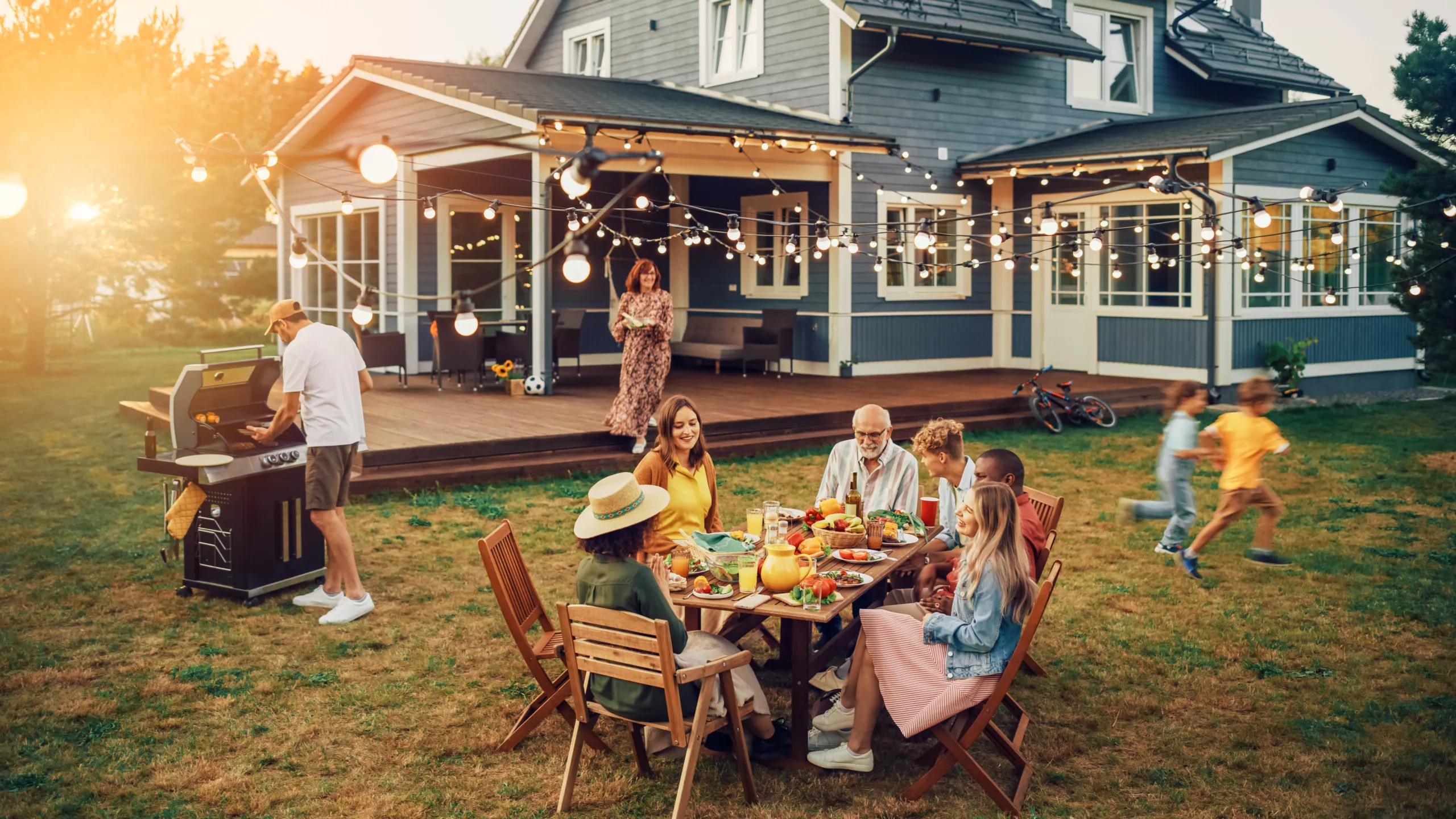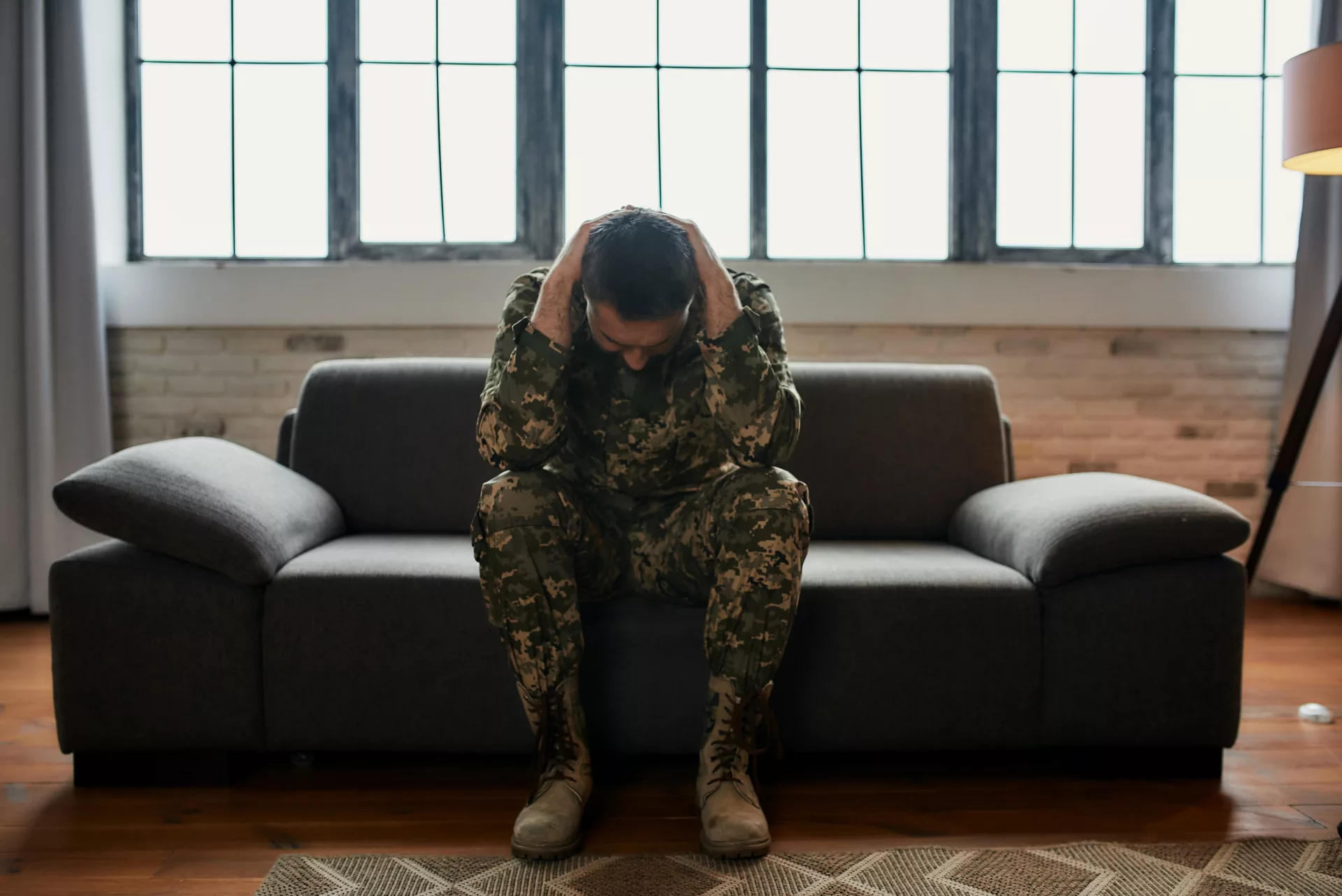
A Simple Guide to Your First Sober Summer
So you’re fresh out of recovery, equipped with a toolkit of resources and a newly established professional (and hopefully personal as well) support system. You’re ready to rebuild your life.
Part of you might feel excited about this new chapter, while the other part might feel a little apprehensive about re-entering society with your newly established sobriety. Both are normal and to be expected; this is an exciting new chapter, but it’s also a big step you’re taking.
In this article, we’re going to walk you through how you can successfully navigate your first sober summer and stay on track with your recovery journey.
Sobriety and summertime: an overview
Summertime is ripe with events, gatherings and various activities that either revolve around substances or are heavily inundated with substances.
From cookouts to late-night bonfires, drugs and alcohol seem to pop up just about everywhere. You might find yourself suddenly and unexpectedly faced with a situation or experience that tempts you to begin using again.
When it comes to creating a relapse prevention plan, the first step is to recognize and understand your different addiction triggers.
What are addiction triggers?
Addiction triggers are any kind of situation, cue, suggestion or prompt that tempts a person to return to and engage in substance use or other addictive behaviors.
Exactly what triggers a person can vary widely per individual because triggers are formed based on personal experiences, relationships and environments. One situation or sensation that may deeply trigger one person might only barely or not even phase another person.
The most common categories these different triggers fall into include:
- Emotional triggers
- Social Triggers
- Environmental triggers
- Internal triggers (like cravings)
- External triggers (like specific smells)
- Withdrawal triggers (for those going through recovery)
- Routine triggers (moments in your day that were once accompanied by substance use)
None of these triggers are restricted to any one phase of recovery or any one season in the year, but certain triggers are much more abundant in the summertime than others.
How to have a sober summer
Being sober has conventionally been depicted as being “lame” or “boring,” but a sober summer doesn’t have to be any less fun than an intoxicated one appears to be. It will be different, but likely even more vibrant and enjoyable due to your greater ability to experience the world around you.
Here are some of the best ways to set yourself up to have a fun (and sober) summer:
- Form a personal support system
- Actively build and live a healthy lifestyle
- Have a “sober buddy” to attend events with you
- Become comfortable saying no (to substances and substance-oriented events)
- Plug into the local sober community
- Host or co-host your own sober gatherings
- Develop healthy coping mechanisms
Lastly, one of the best ways you can help yourself maintain your sobriety this summer is to stay connected to your professional support network. Just because you aren’t actively in a rehabilitation program doesn’t mean you won’t still benefit from the support of this network.
If you find yourself finding it increasingly more difficult to combat triggers or temptations when they arise, you might benefit from re-plugging into your professional network. There’s no shame in attending additional therapy sessions or support group meetings after completing a treatment program; it’s one of the best ways to take care of yourself in recovery.
Prepare yourself for summer today
Bluff Augusta is a premier provider of evidence-based addiction treatment that’s been proven to help our clients achieve long-lasting sobriety and fulfillment in their lives.
Our multidisciplinary team of qualified medical professionals shares the same passion for helping people like you not only become sober but rebuild your healthiest life.
Whether you’re needing residential addiction treatment, trauma-focused care or a combination of our services, we’re ready to help.
Send us a message or [phone_linked text=”call us today”] to get in touch with one of our compassionate staff members and learn more about how we can support your recovery.






